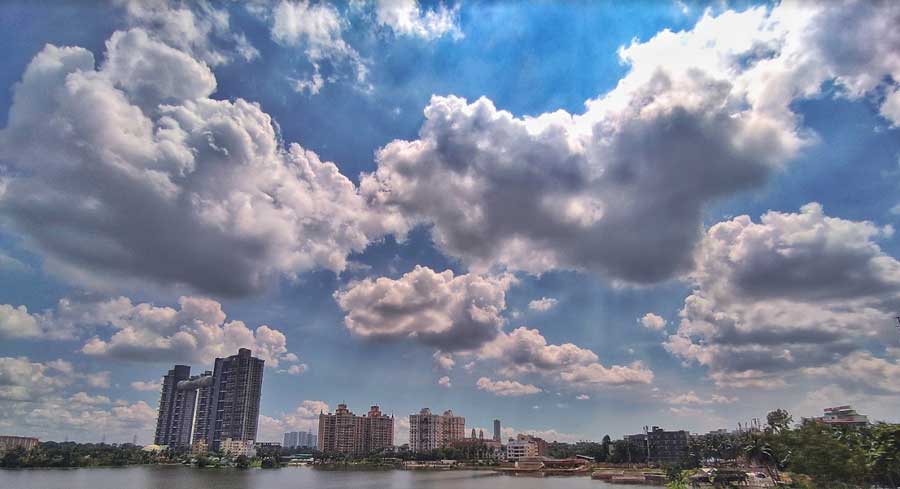The Indian government’s science departments announced on Thursday a plan to organise a conference on akash or space, described as one of the five “primal elements” or panchamahabhoot alongside agni (fire), vayu (air), jala (water) and prithvi (earth).
Top science administrators said the content of the November 4-6 conference in Dehradun would be “pure science”, but it would also explore the connections between modern science and ancient Indian wisdom that gave rise to the concept of panchamahabhoot.
The announcement has triggered speculation among some scientists that the Centre’s science departments have joined the initiative under political influence.
The conference will be organised by several government departments linked to science, along with Vijnana Bharati.
Vijnana Bharati is a non-government body of scientists that calls itself a “science movement with a Swadeshi spirit”. The government departments are that of space, science and technology, biotechnology, atomic energy, and scientific and industrial research.
The space conference is the first of five separate conferences — one on each of the five panchamahabhoot elements — to be held at different places between November 2022 and January 2023. The initiative will culminate in a sixth conference in Delhi in March 2023 that will consider all the five “primal elements” together.
The themes of the sessions at the space conference — titled “Akash for Life” — will include space technology, Earth and its atmosphere, environment and climate change, sustainability adaptations, and the impact of modern technologies, according to a brochure.
The brochure says the conference will be preceded by workshops and seminars on climate change, climate resilient livelihood and lifestyle, weather modification, space warfare, and climate mitigation, to be held at various institutions of higher education.
A scientist at a central academic institution who is not associated with the conference said the title of the event notwithstanding, the proceedings there would reveal whether the organisers and participants confined themselves to science.
“It is absolutely fine to understand and appreciate ancient knowledge and perspectives as part of the history of science, but that shouldn’t be confused with modern science,” said Soumitro Banerjee, a physicist at the Indian Institute of Science Education and Research, Calcutta.
Banerjee and other physicists said the brochure itself contained non-scientific information.
The brochure says: “The entire universe is made up of five primal elements or the panchamahabhoot: Agni, Akash, Vayu, Jala and Prithvi. A perfect harmony and balance between these elements is important for sustenance of the universe.”
Banerjee said: “We know today that the fundamental constituents of the universe are atoms and subatomic particles, not the ‘five primal elements’ as defined in ancient times. Besides, Greek philosophers too had proposed a similar concept — the panchamahabhoot is not a uniquely Indian idea.”













